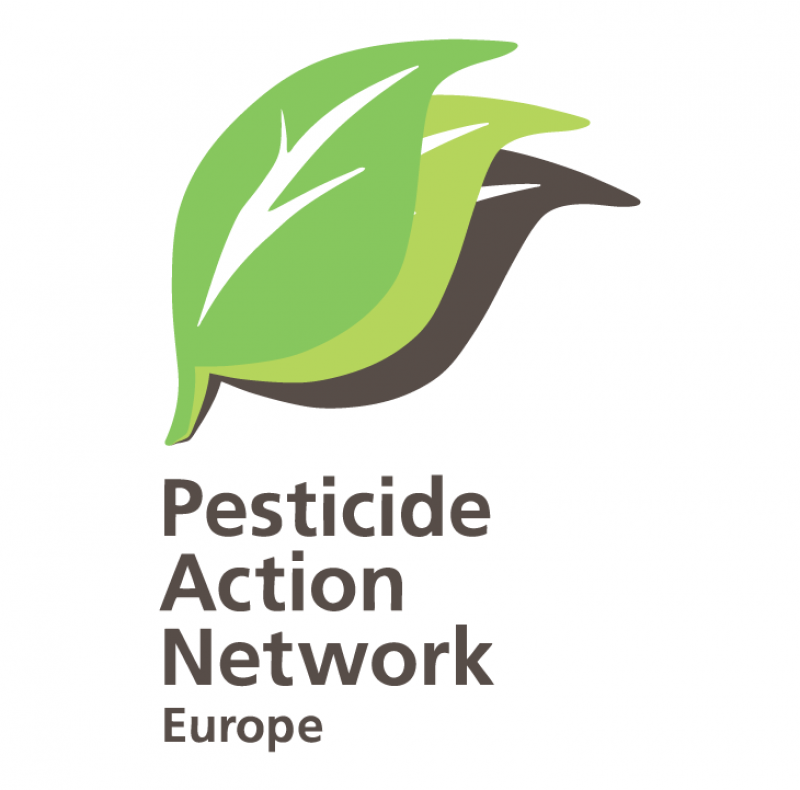Since the 2018 ban on neonicotinoids, many citizens might think that bees are now fully protected from toxic pesticides in the EU. Unfortunately, this is not the case. That is why NGOs are asking Members of the European Parliament to act to compel Member States to enforce strict protection of bees against pesticides through the implementation of the 2013 EFSA Bee Guidance Document.
Indeed, in 2013, the European Food Safety Authority (EFSA) developed a new tool to prevent bee-toxic pesticides from arriving on the market: the Bee Guidance Document (BGD). This was a major step forward in the protection of bees, as this new methodology allowed to assess the impact of chronic exposure to pesticides not only on honeybees but also on bumblebees and solitary bees. A major upgrade for the protection of insects in general!
Since then, a majority of Member States have refused to adopt the BGD and forced the European Commission to avoid making use of it. This refusal is due to a massive lobbying effort from the agro-industry, as bee-toxic pesticides might not be re-approved in the future. The European Commission had no other choice but to make a new regulation implementing only an insignificant part of the BGD that will not improve bees’ conditions at all.
Today, PAN Europe, together with NGOs from the BeeCoalition, asks members of the European Parliament’s environment committee to oppose this plan and demand that the European Commission to re-open discussions with Member States in order to reach a stepwise implementation of the Bee Guidance Document.
The vote will take place on Monday 21 October and could be followed by a vote in the European Parliament’s plenary session on 23-24 October in Strasbourg!
